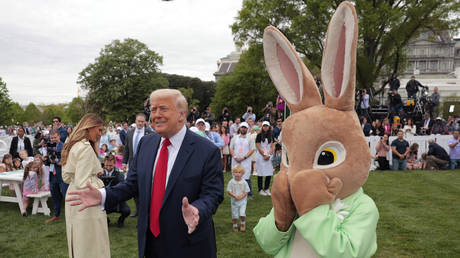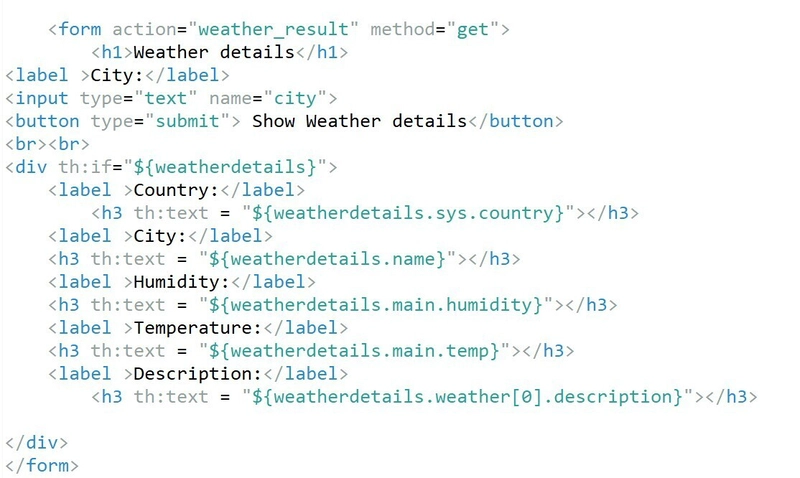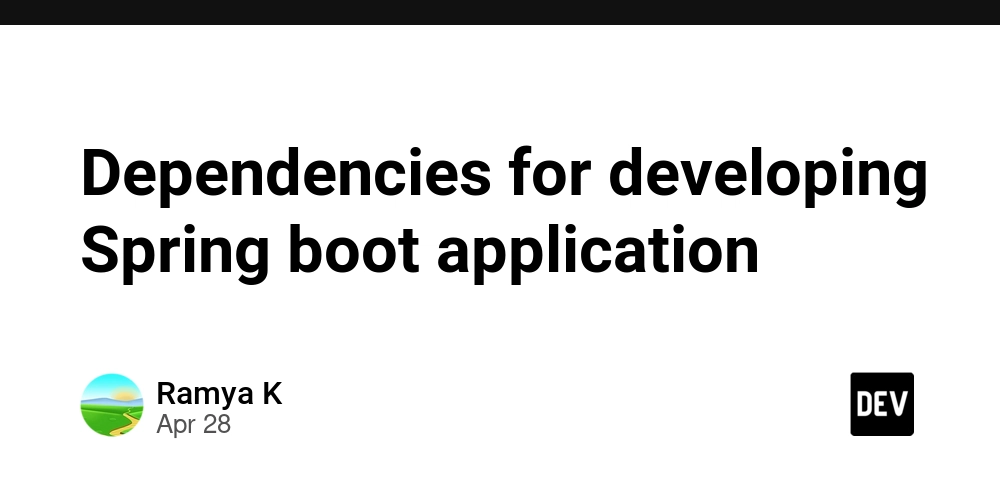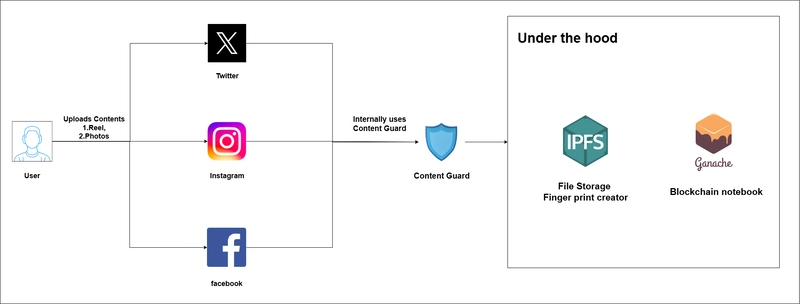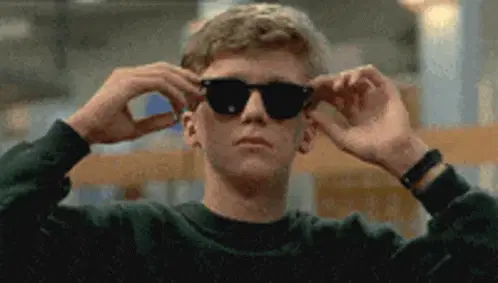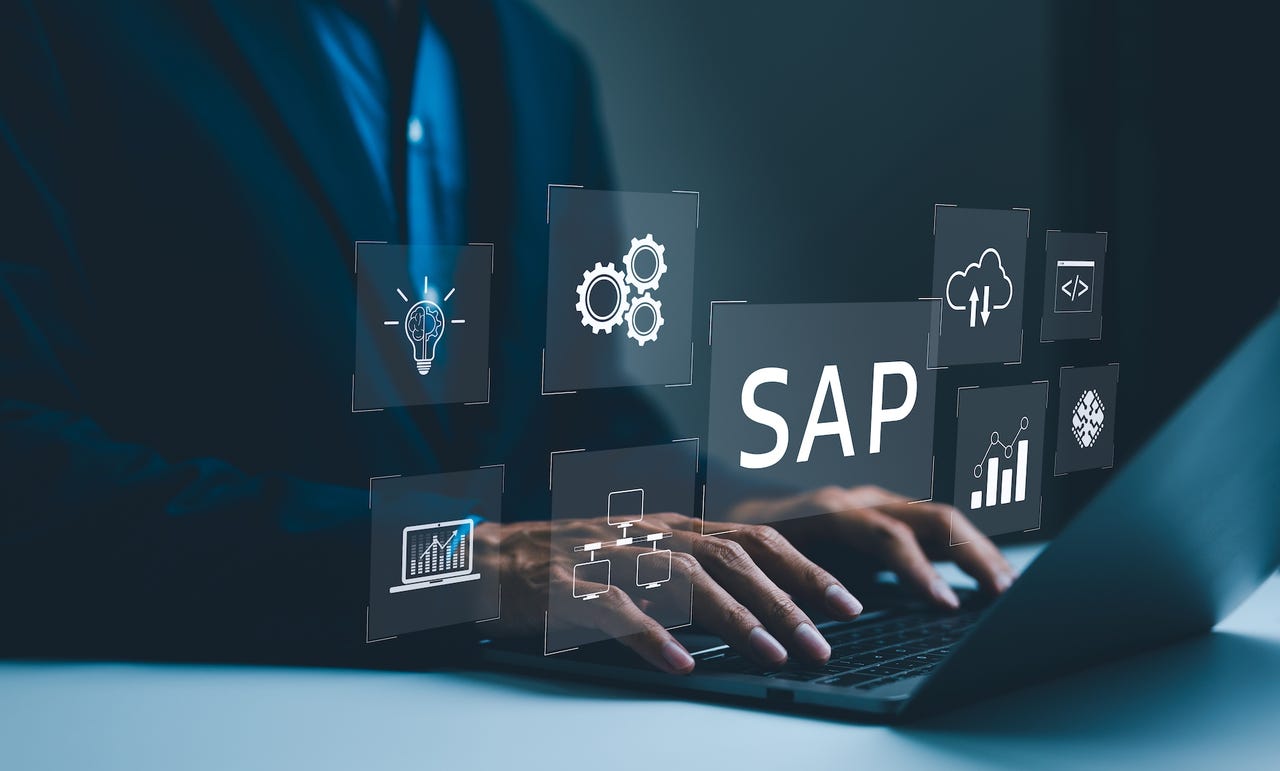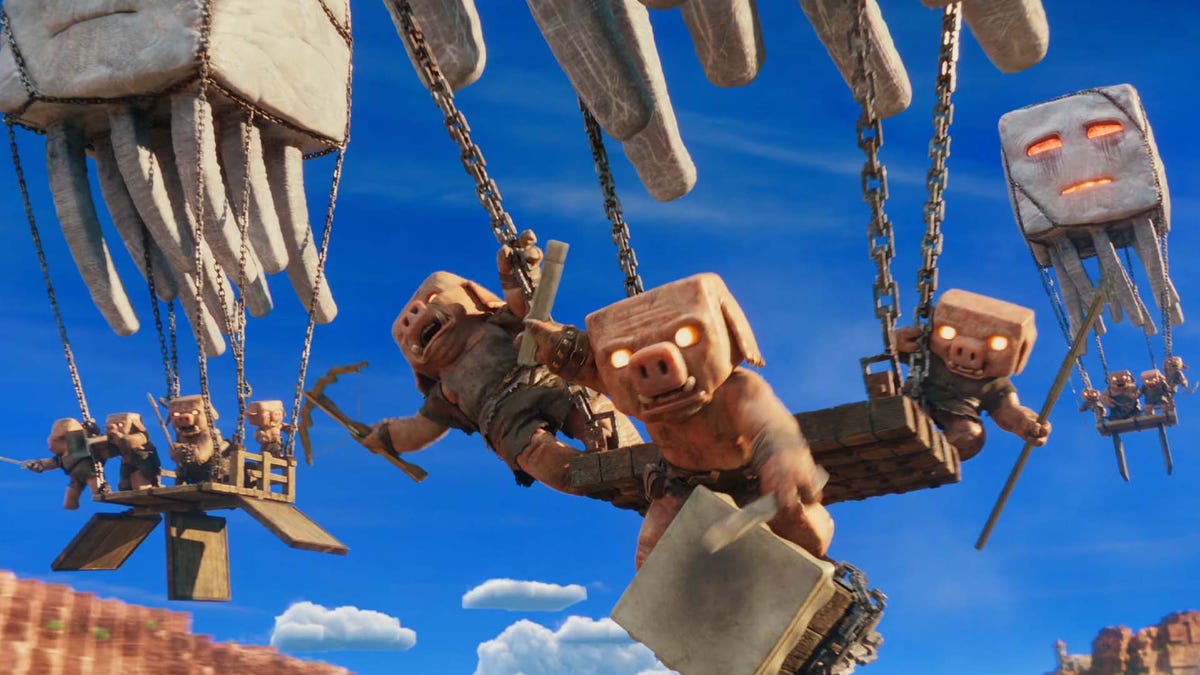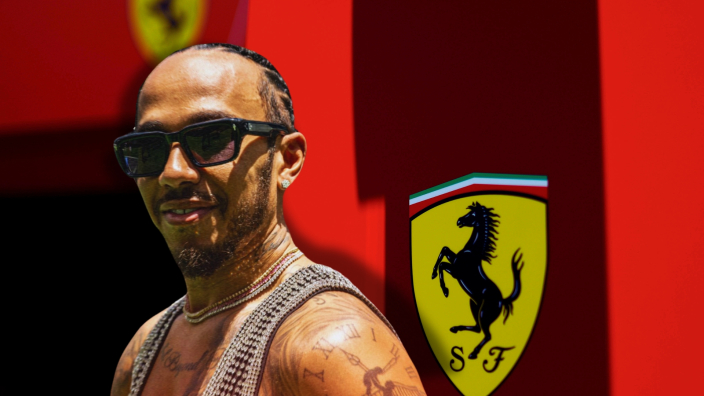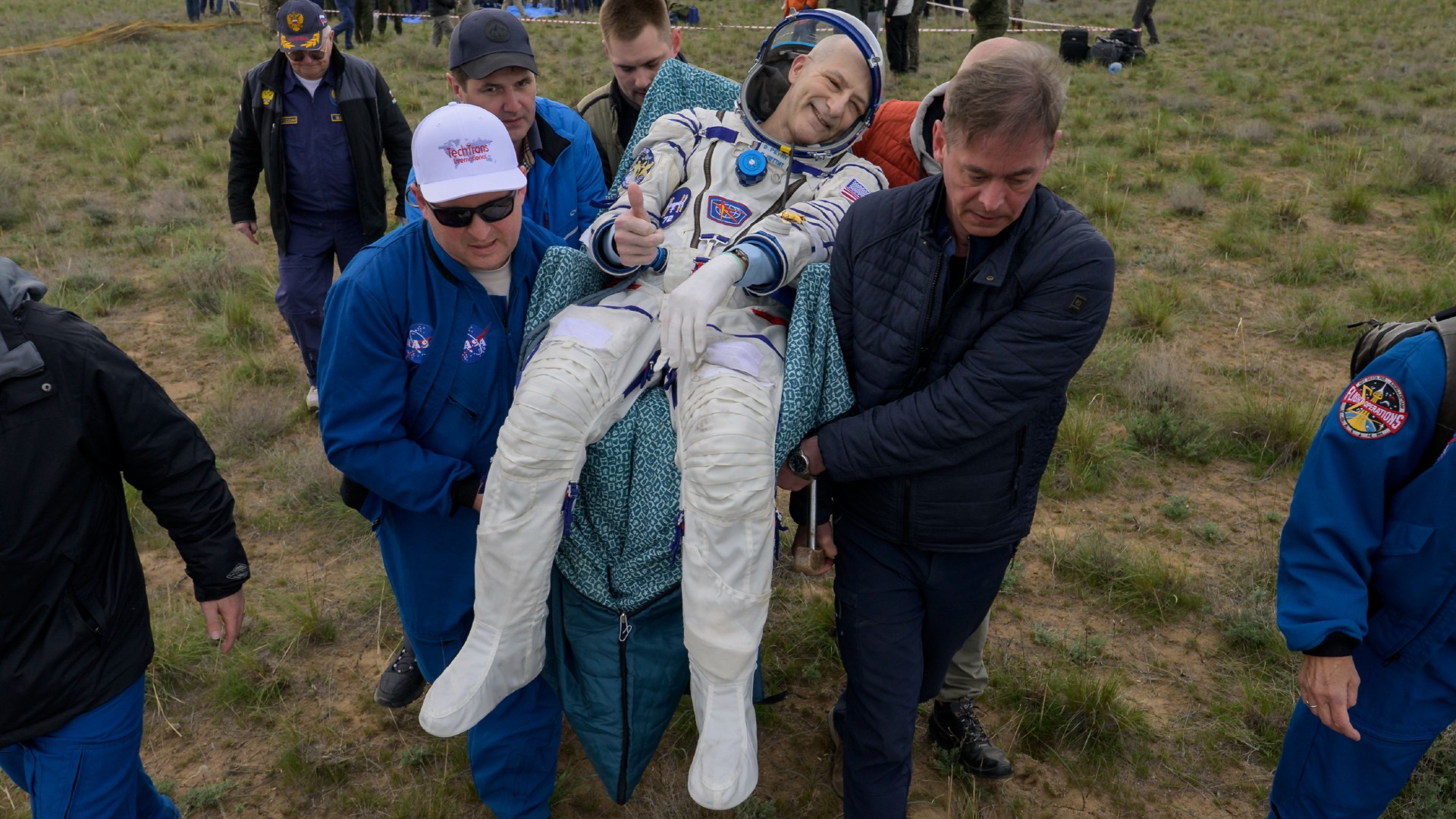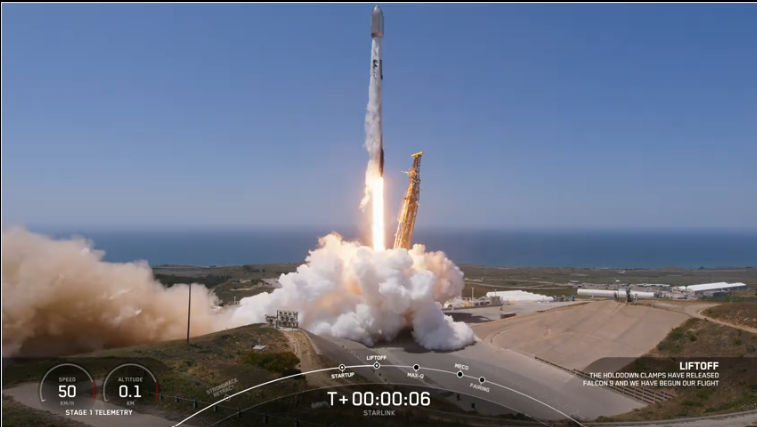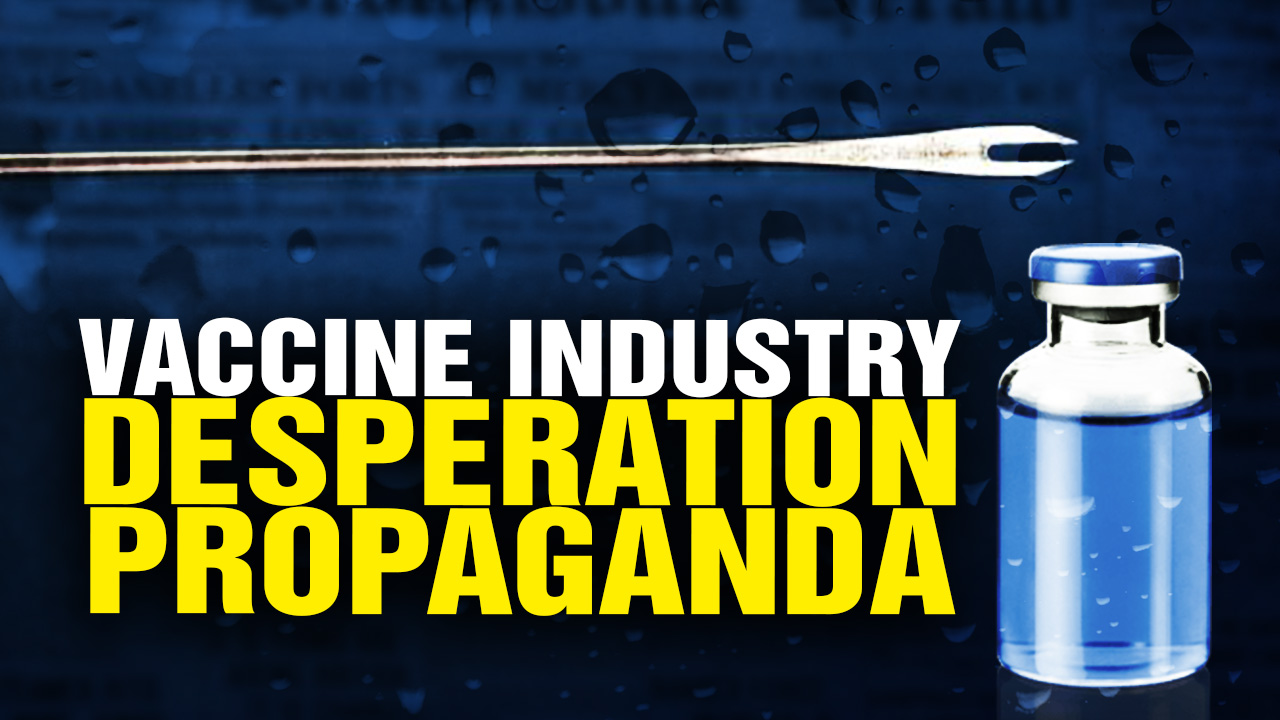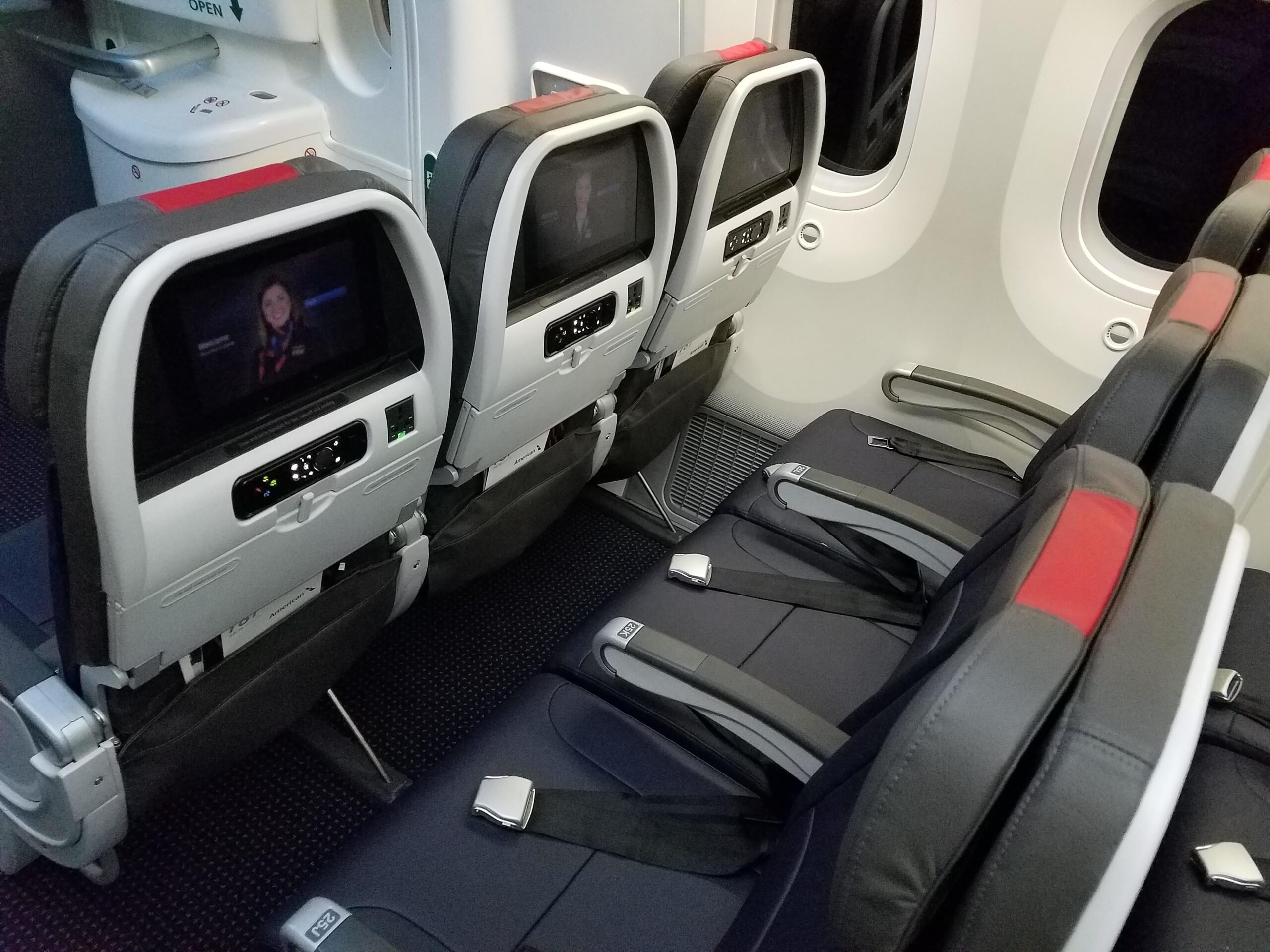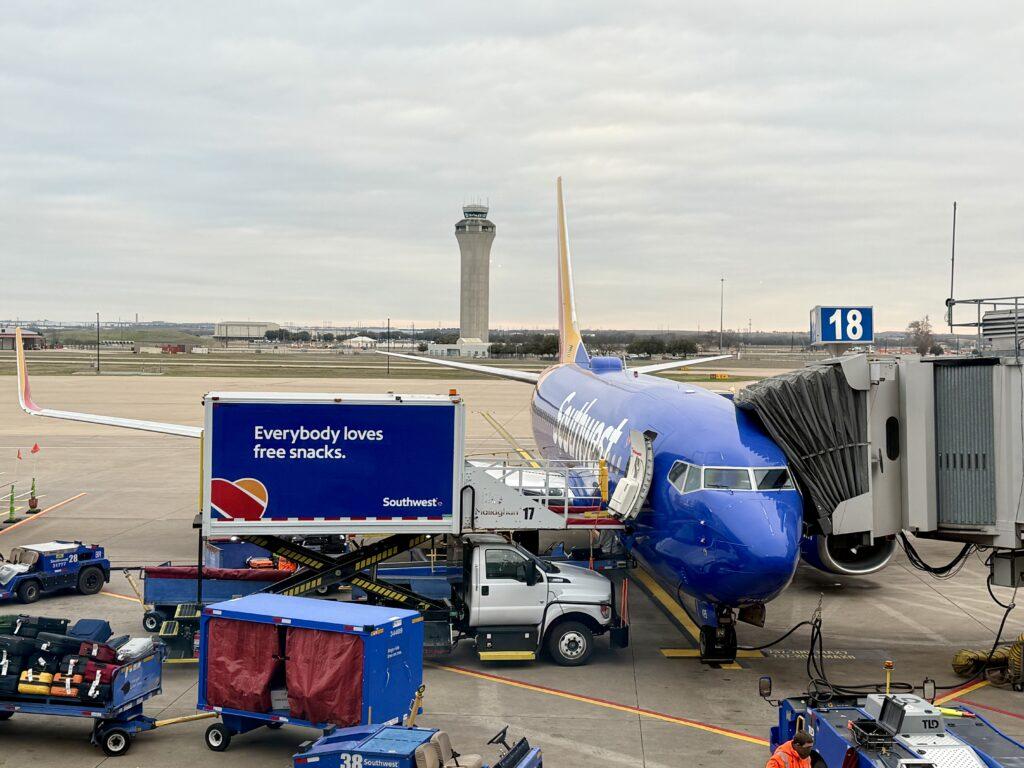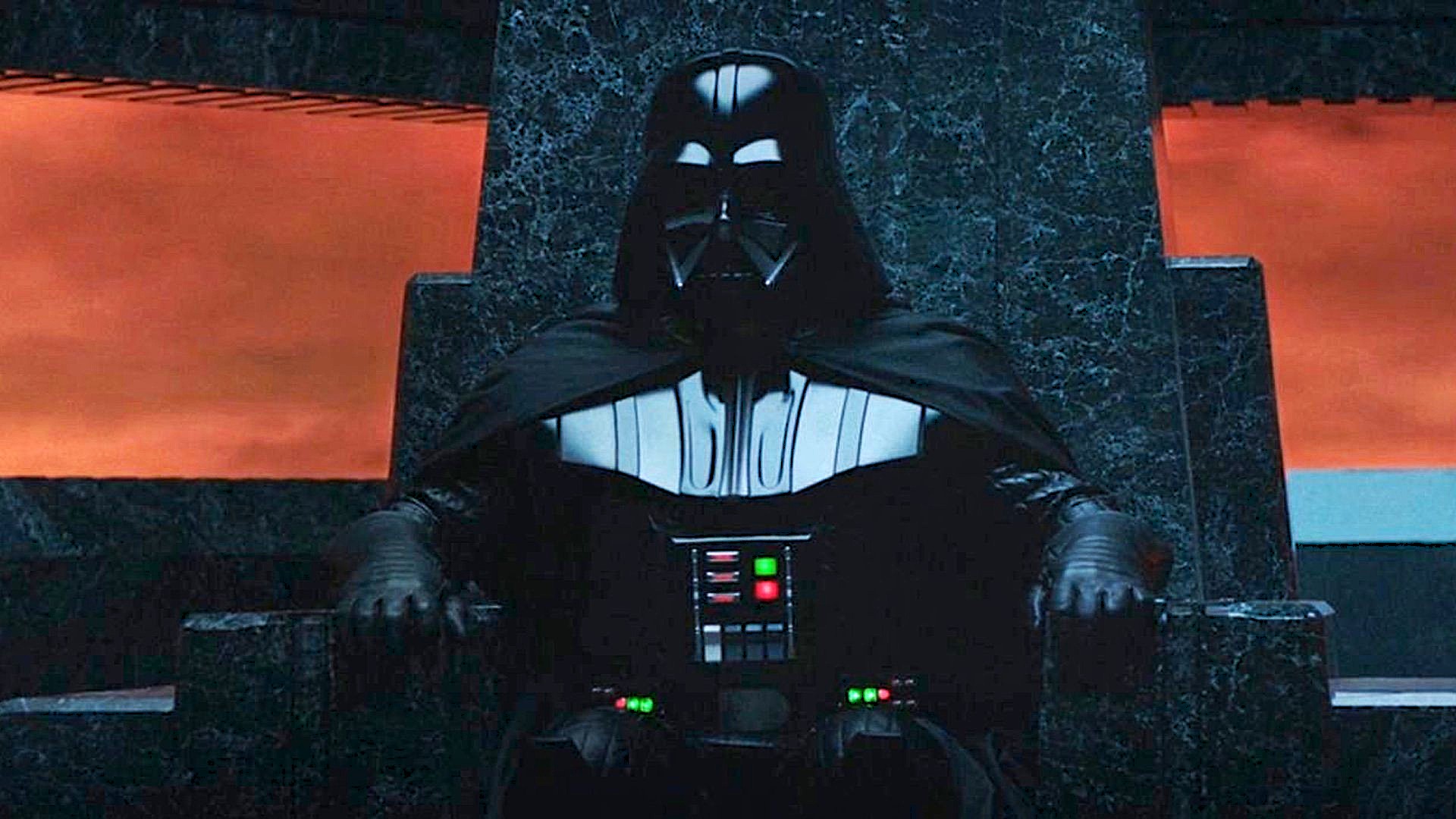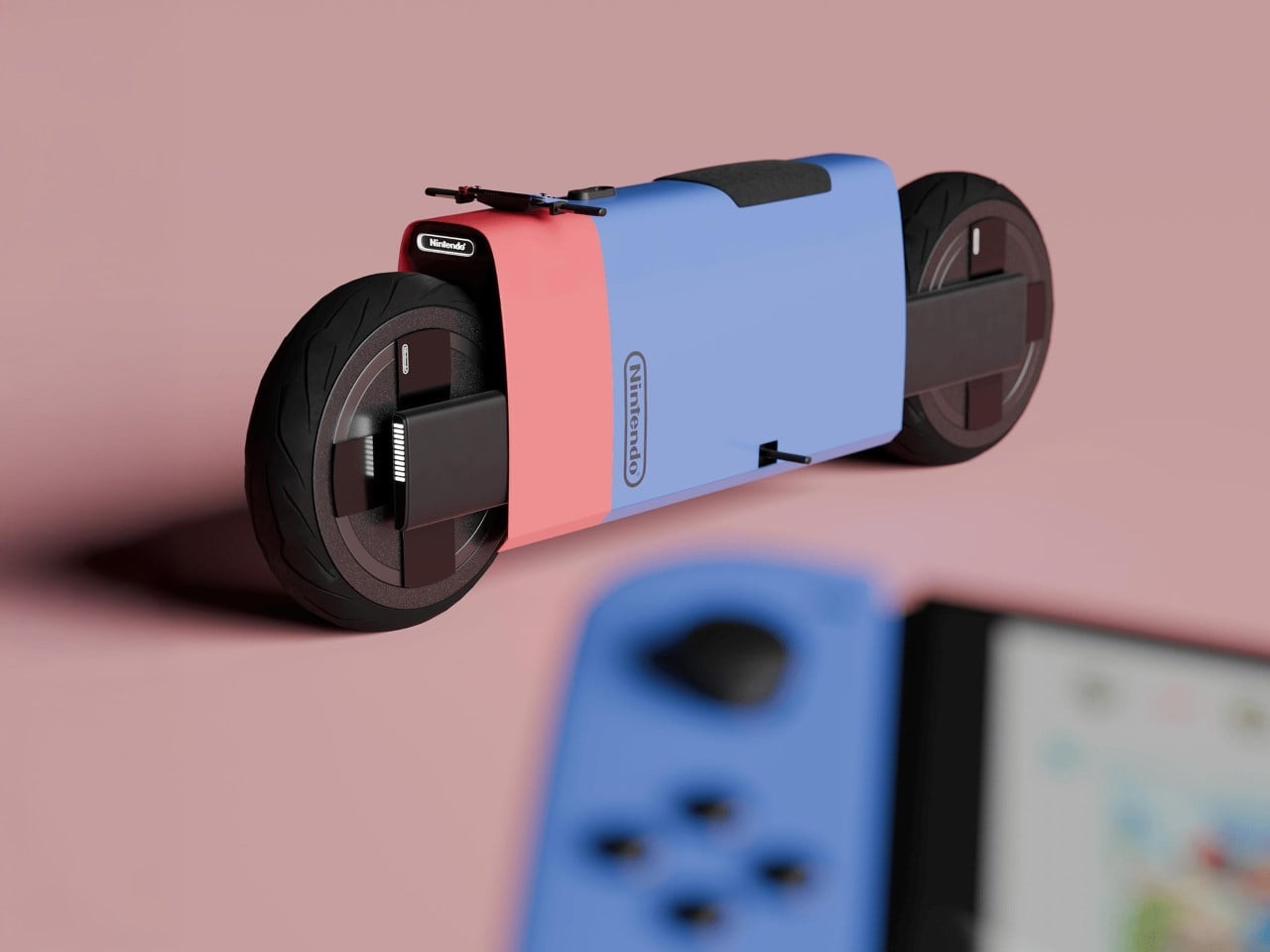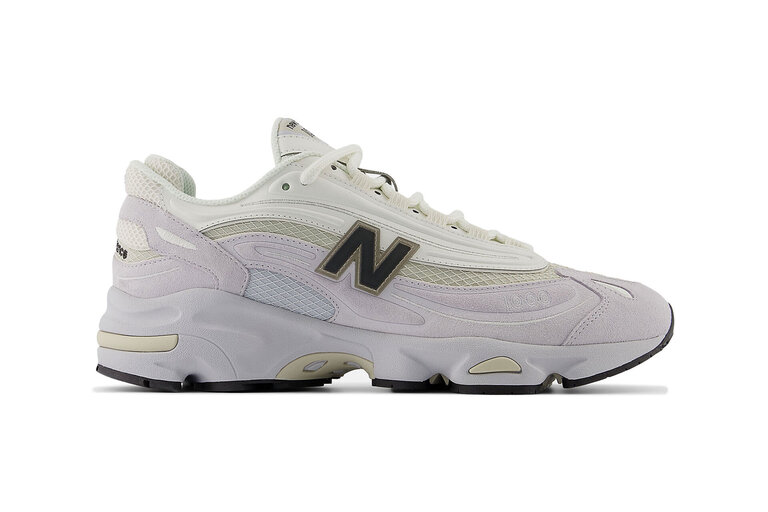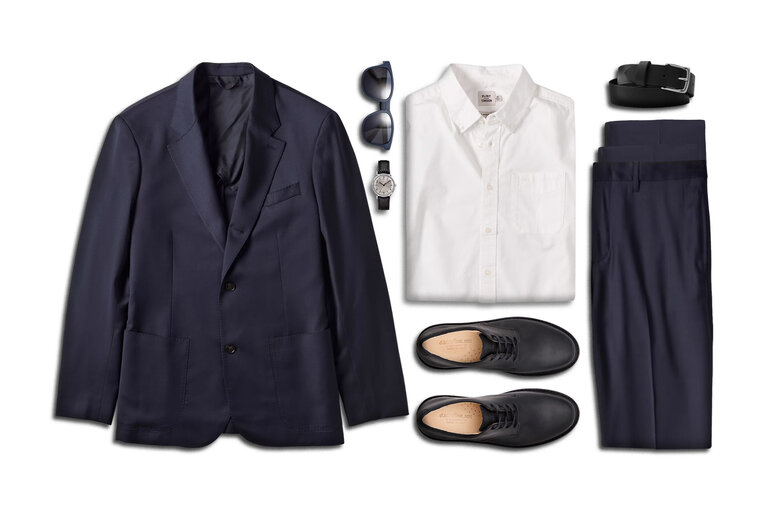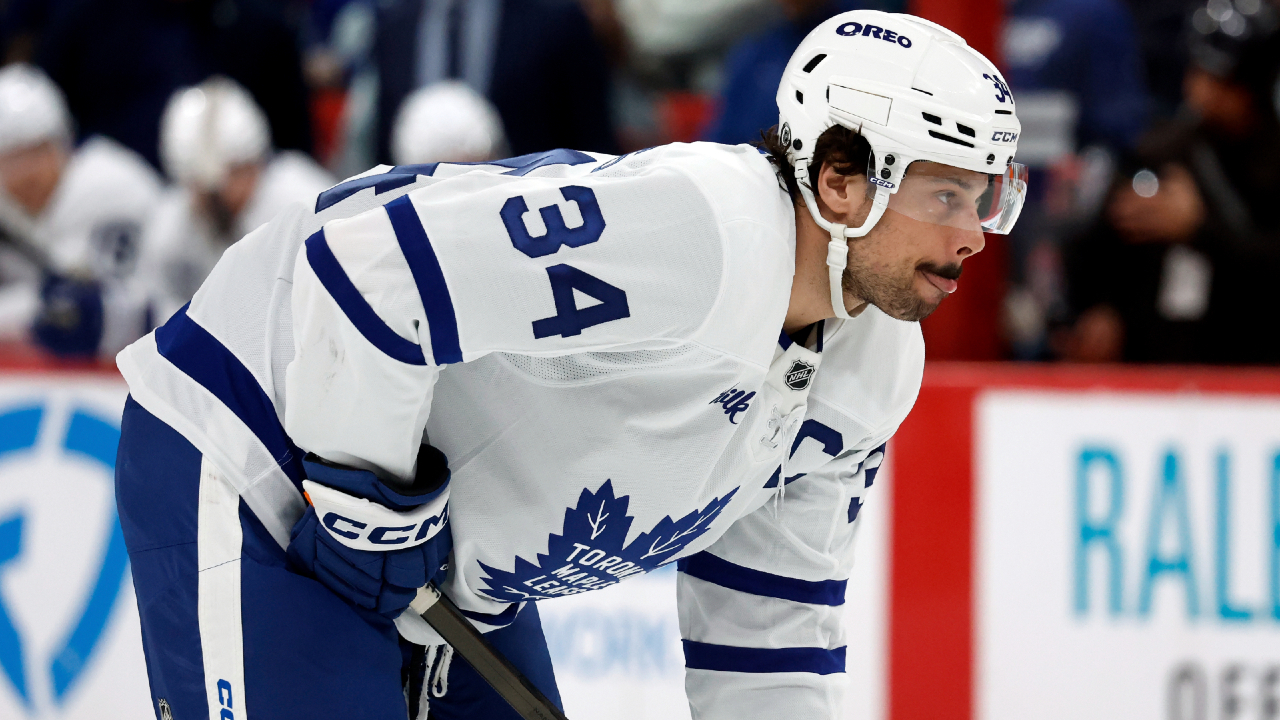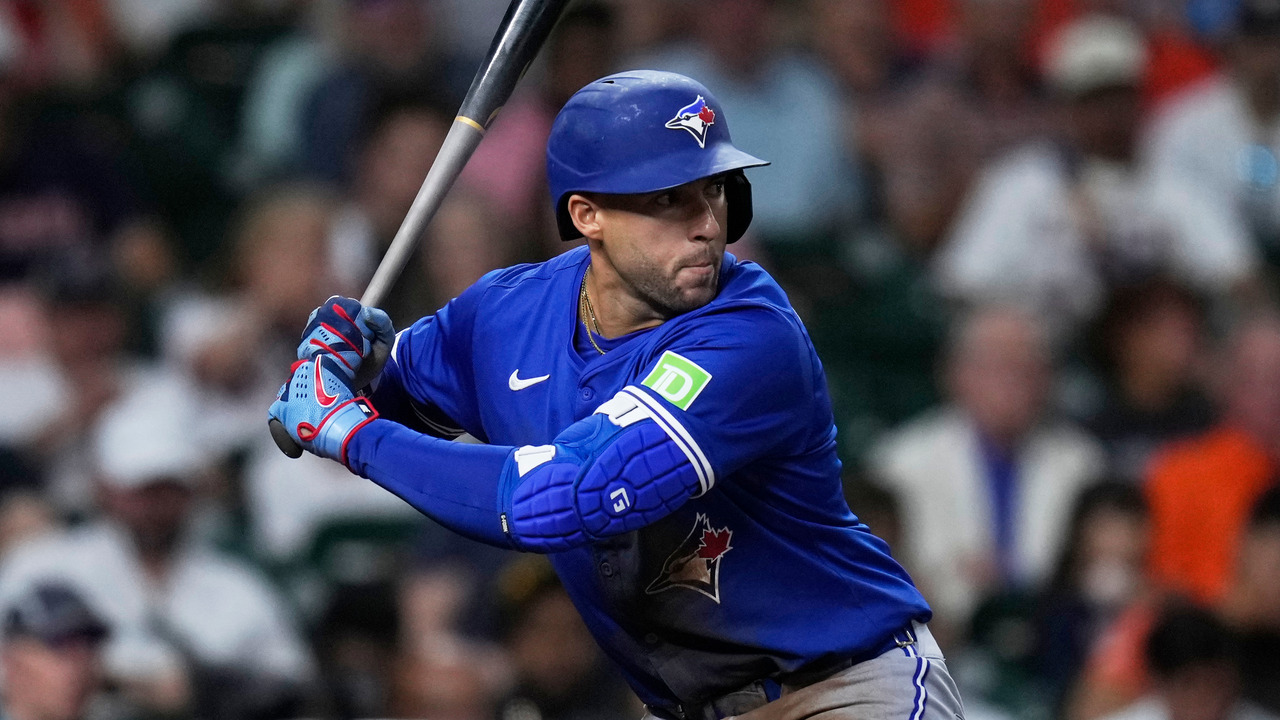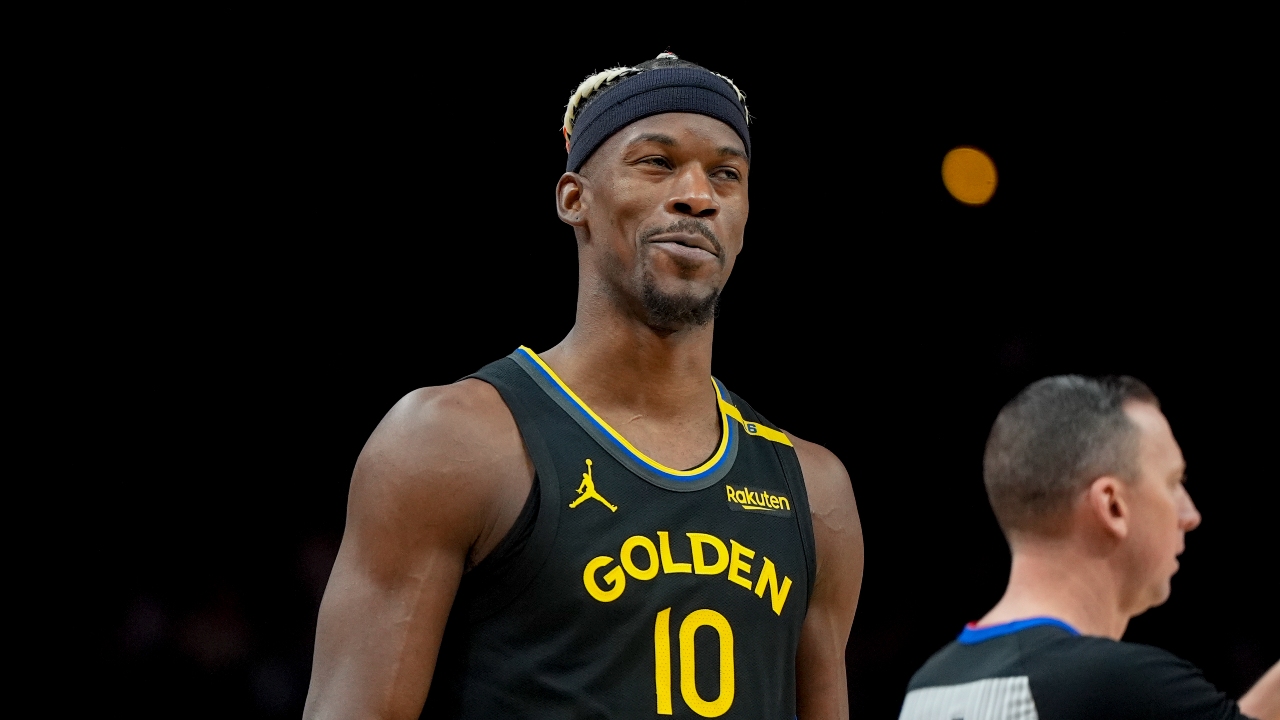PepsiCo CEO was grilled about GLP-1s by a 13-year-old on his Q1 conference call
The CEO responded seriously with a mention of the company’s “fiber and hydration solutions.”

- The 13-year-old daughter of a Jefferies analyst asked about the effect of GLP-1 oral medications during PepsiCo’s most recent quarterly earnings call, as part of “Bring your Kid to Work Day.” CEO Ramon Laguarta took the question seriously, saying his company was marketing snacks in smaller portions to target consumers with smaller appetites.
PepsiCo CEO Ramon Laguarta was no doubt expecting tough questions during the company’s Q1 earnings call; what he probably wasn’t expecting was to be interrogated about the effect of pharmaceuticals on the human digestive system by a 13-year-old.
Amid inquiries on revenue, tariffs, and volumes that could’ve comprised any other earnings call that day, Jefferies analyst Kaumil Gajrawala surprised Laguarta by letting his daughter Milena Gajrawala ask a question.
“Hey guys, it's ‘Bring Your Kid to Work Day’ at Jefferies. So, if you don't mind, my daughter Milena’s going to ask the question,” Gajrawala said.
Far from a softball question, the 13-year-old Milena Gajrawala struck at a core issue for PepsiCo and other food companies: the threat of weight-loss inducing GLP-1 medications that curb the appetites of consumers.
“So what do you think about the launch of GLP-1 oral medications coming to market next year?” she asked.
Before answering, Laguarta said, “That's awesome,” and then launched into a serious response that highlighted the company’s “fiber and hydration solutions.”
PepsiCo did not immediately respond to Fortune’s request for comment.
The younger Gajrawala mentioned oral GLP-1 medications, one of which—orforglipron by Eli Lilly—is already in late-stage clinical trials. Orforglipron’s potential advantage is that it is an oral medication (competitor Ozempic requires regular injections) but it has a similar weight-loss effect. The drug could thus supercharge the adoption of this class of medication, which helps suppress appetite and is already cutting into the profits of snack makers and other food companies.
Laguarta mentioned that another way the company is battling a potential GLP-1 slump is by emphasizing its smaller portion snacks.
“They're eating less quantities, so our offerings in the small portions and whether it's in multi-pack or some other options that we provide keeps our brands in their repertoire and it's still relevant,” he said in response to Gajrawala’s question.
On another earnings call that day, Gajrawala also let his son, 13-year-old Kamran Gajrawala get in on the action. Kamran Gajrawala asked the CEO of Keurig Dr Pepper a question about Dr Pepper’s new blackberry-flavored soda.
“Wow, fantastic. I think it's my first ever question from a young person, and I appreciate it, Kamran. And I hope Kamran is a big fan of Dr Pepper Blackberry,” CEO Tim Cofer said.
Wall Street has a venerable history of extracting investment wisdom from teenagers. In 2009, 15-year-old Matthew Robson, an intern at Morgan Stanley, was allowed to write a research note on how he and his friends consumed media. He reported that they didn’t read newspapers and few watched TV. None of them used Twitter, he wrote.
And earlier this year Fortune asked a 14-year-old to canvas her friends on why they stopped trusting traditional media in favor of influencers they know are unreliable (influencers feel like trustworthy friends, whereas adults are the enemy, she found.)
This story was originally featured on Fortune.com


